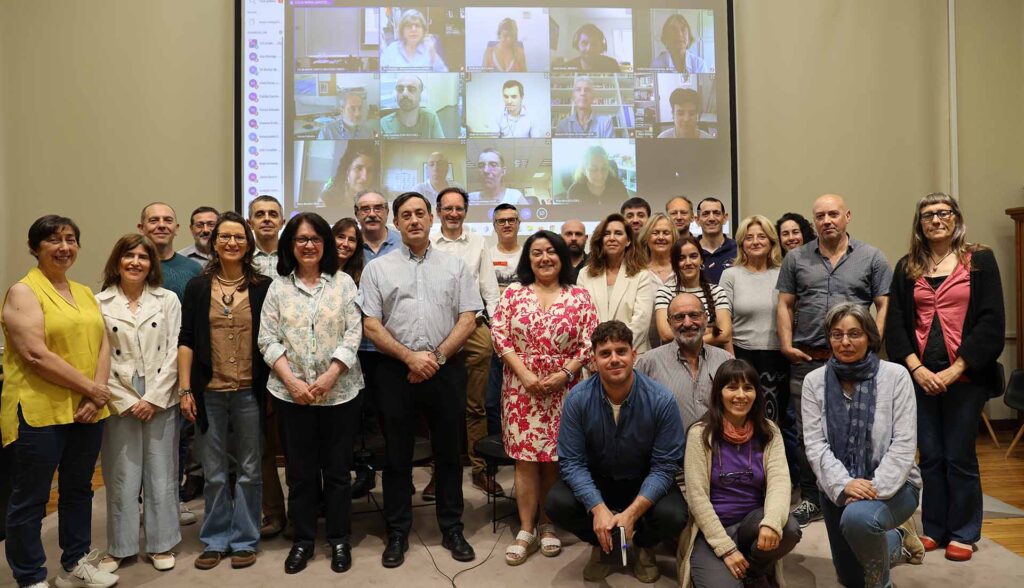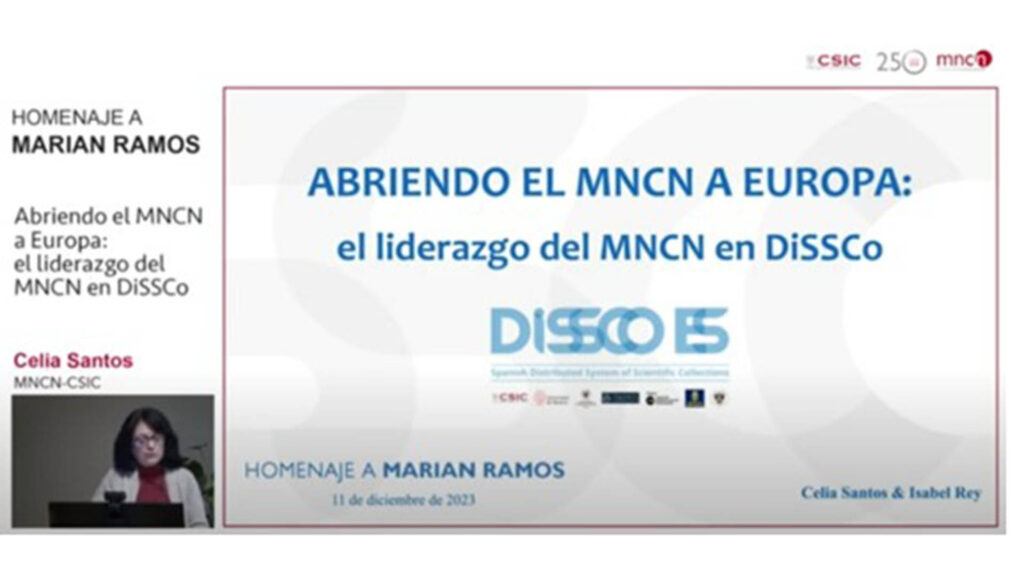Last Thursday, the National Museum of Natural Sciences in Madrid hosted the inaugural meeting of the European project “Instigating a National Reference Collection for Spain’s Threatened Pollinators” (INC-STEP), led by researchers and curators from CSIC. Participating in this project are the entomology collections of the National Museum of Natural Sciences (MNCN-CSIC), the University of Navarra, the Faculty of Biology of the Complutense University of Madrid, the Natural History Museum of Valencia, and the Consorci Museu de Ciències Naturals de Barcelona (MCNB).
This project, expected to span nearly two years, is one of the 12 selected in the call launched at the end of 2023 by TETTRIs, a project funded through the European Union’s Horizon Europe programme. TETTRIs aims to address the shortage of resources and professionals in taxonomy, the discipline that deals with the classification of living beings, and transform its role in addressing biodiversity challenges.
In line with the European Union’s Biodiversity Strategy 2030, which highlights the alarming shortage of pollinators, the project held its kick-off meeting with representatives from all participating institutions.
Establishing a Distributed Reference Collection of Spanish Pollinators
“The objective is to leverage the wealth of insect collections in Spain’s museums and scientific institutions to create an accessible resource for citizen scientists and other interested parties to identify pollinators,” says project PI Robert Wilson. “This project represents an important contribution of museum scientific heritage and taxonomy to monitoring and conserving internationally important, yet poorly known, pollinator species found in Spain.”
To achieve this, the team plans to document the protocols tested to develop a national distributed reference collection. They will validate a national distributed collection of species in collaboration with taxonomists to verify identification, geographical origin, and the number of pollinator species specimens in the distributed collections. Additionally, they aim to improve the accessibility of validated material through inter-institutional collaboration and consultation with TETTRIs project consultants.
The ambitious project also has a citizen and educational dimension, as the distributed national reference pilot collection and associated innovative resources will be used to foster appreciation of natural history collections and taxonomic knowledge of pollinators. Furthermore, they will promote informed access to nature and appreciation of pollinators throughout Spain.
Both the European TETTRIs project and associated projects are part of the European Union’s efforts to establish a world-class research infrastructure for natural science collections, reflected in the comprehensive DiSSCo research infrastructure. This entity aims to digitally unify all European natural science assets under common preservation and access policies and practices, making data easily findable, accessible, interoperable, and reusable (FAIR).








